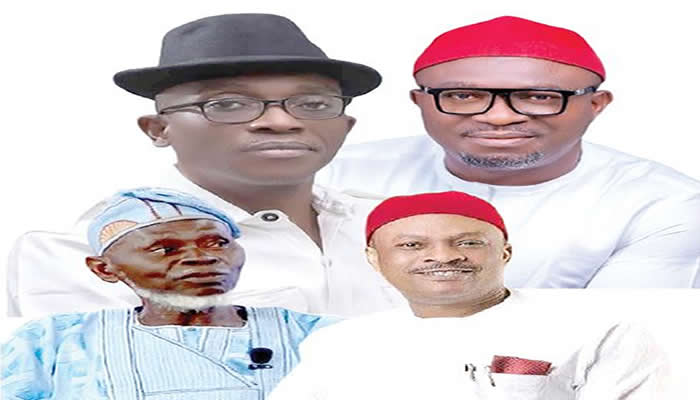Judicial Integrity Under Threat: The Politicization of Supreme Court Rulings
The role of the Supreme Court is to deliver final, binding judgments, free from political influences. However, the emerging trend of post-judgment interpretation is transforming the apex court into a battleground for political narratives, diluting its authority and eroding public trust in the judiciary.
The Disturbing Trend of Misinterpretation
In Nigeria, the judiciary has long been viewed as the last bastion of hope for the ordinary citizen. Yet, recent developments reveal a troubling phenomenon where political parties selectively interpret Supreme Court decisions to align with their agendas. This trend undermines judicial integrity, threatens democratic principles, and diminishes public confidence in the rule of law.
Recent Controversies in Supreme Court Rulings
Significant rulings from the Supreme Court, particularly related to the Peoples Democratic Party (PDP) and the Labour Party (LP), have sparked confusion and controversy. Although the cases began without significant complexity, the aftermath saw both parties claiming victory, leading to an inevitable clash of media narratives and public uncertainty.
The PDP Secretaryship Dispute
The Supreme Court’s decision regarding the PDP’s national secretaryship was expected to clarify a prolonged dispute between Sunday Udeh-Okoye and Senator Samuel Anyanwu. Instead, the ruling resulted in a narrative of dual victories. Following the Supreme Court’s unanimous decision to regard internal party matters as beyond judicial oversight, both factions proclaimed themselves as winners, intensifying confusion within the party.
Labour Party’s Leadership Crisis
A parallel situation unfolded with the Labour Party, where the Supreme Court’s judgment aimed at resolving leadership conflicts between two rival factions. Rather than providing clarity, the ruling led to varied interpretations, with each camp seizing upon the judgment to reinforce their stance, further fragmenting the party and obscuring the judicial intent.
Legal Experts’ Concerns
Prominent legal experts and political analysts have voiced concerns over the dangerous implications of this twist in judicial interpretation. They warn that when political entities manipulate court rulings to suit their interests, the very foundation of democracy becomes jeopardized. The responsibilities of the judiciary include issuing clear and enforceable judgments to prevent such manipulation and restore public faith in the legal system.
The Future of Nigeria’s Democracy
Legal professionals advocate for a judiciary that clearly articulates its decisions to minimize misinterpretations. As political actors resort to self-serving interpretations of court judgments, the risk of undermining Nigeria’s democratic framework escalates. If this trend continues, the nation may face a future devoid of true adherence to the rule of law, placing democracy in critical jeopardy.
Conclusion: Restoring Judicial Authority
As the Supreme Court faces increasing pressure from political factions, the necessity for judicial clarity and enforcement becomes paramount. Upholding the law should not be a malleable concept subject to political convenience, but rather a rigid framework ensuring justice and responsibility among all parties. Safeguarding the integrity of the judiciary is essential for nurturing democracy and restoring public confidence in Nigeria’s legal institutions.
